
Top 10 Biggest Business Groups in India: A 2024 Overview
- by Pankaj
Business groups, or conglomerates, are integral to the economic landscape of any country, and this is certainly true for India. Over recent decades, these massive business groups have played a pivotal role in propelling India’s economy to new heights. Today, we will explore the top 10 biggest business groups in India as of 2024, each contributing significantly to various sectors and driving economic growth. So, let’s dive into the world of India’s biggest business groups and understand their impact.
Top 10 Biggest Business Groups in India 2024
1. Tata Group
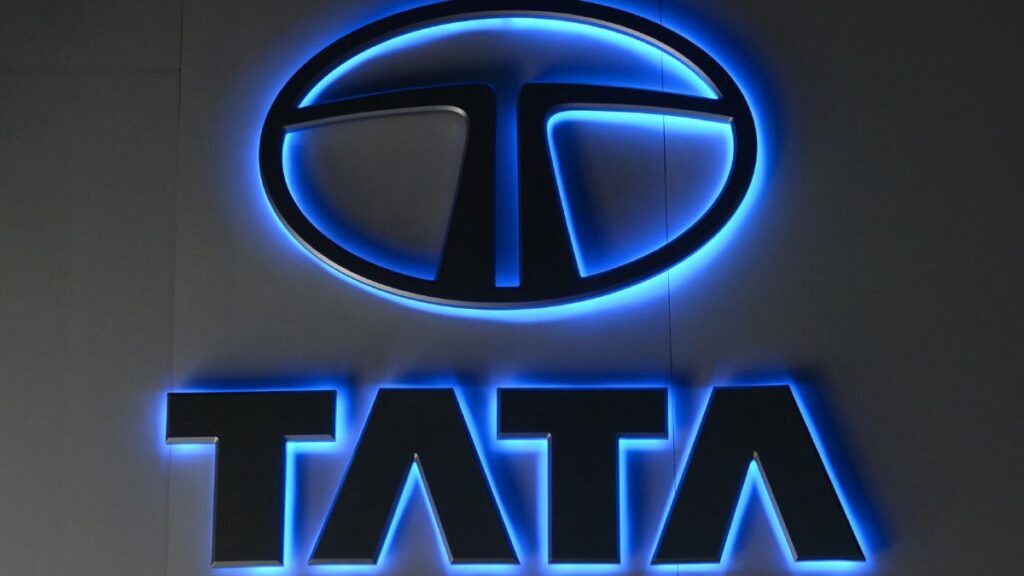
Tata Group stands out as the largest conglomerate in India, boasting a combined market capitalization of ₹31.6 trillion. Established in 1868 by Jamsetji Tata, the group has a rich legacy of over a century and a half. Tata’s vision extended beyond mere business endeavors; it encompassed broader goals including social responsibility and national development. From pioneering ventures in steel production, hydroelectric power, and luxury hotels to establishing Tata Chemicals for producing soda ash and other chemical products, Tata Group has been a cornerstone of India’s industrial growth.
2. Reliance Industries Ltd.
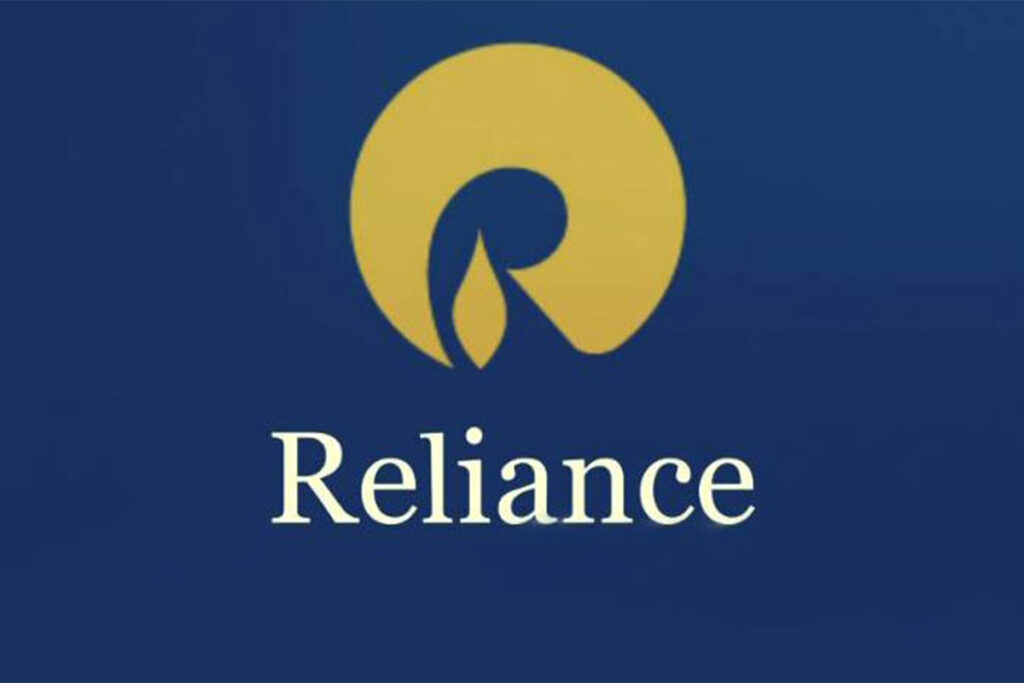
Founded by Dhirubhai Ambani in 1958, Reliance Industries Ltd. began as a modest trading company and has since evolved into a colossal conglomerate. With a market capitalization of ₹20.05 trillion, Reliance spans multiple sectors including petrochemicals, refining, oil, gas, retail, and telecommunications. The group has transformed retail through Reliance Fresh and revolutionized telecommunications with Reliance Jio, offering some of the most affordable internet services in India.
3. Adani Group

The Adani Group, founded by Gautam Adani in 1988, has rapidly ascended to become one of the major business groups in India, with a market capitalization of ₹15.28 trillion. Initially focused on commodity trading, the group has diversified into ports, power generation, renewable energy, mining, airports, and natural gas. Adani Wilmar and significant expansions into international coal trade, including ventures in Indonesia and Australia, highlight the group’s extensive reach and influence.
4. Aditya Birla Group

With a market capitalization of just over ₹6.3 trillion, the Aditya Birla Group ranks fourth among India’s biggest business groups. Founded by Shiv Narayan Birla in 1857, the group has grown into a multinational powerhouse with operations in over 36 countries. It has a diverse portfolio that includes textiles, cement, chemicals, telecommunications, and financial services, making it a significant player in multiple sectors within India and abroad.
5. Bharti Enterprises

Founded in 1976 by Sunil Bharti Mittal, Bharti Enterprises has grown from a small venture in bicycle parts to a major multinational conglomerate with a market capitalization of ₹5.47 trillion. Bharti Airtel, its flagship brand, is a leading telecommunications provider in Asia, Africa, and Europe, fundamentally transforming communication in these regions. The group’s success story underscores its significant role in India’s business landscape.
6. Mahindra Group
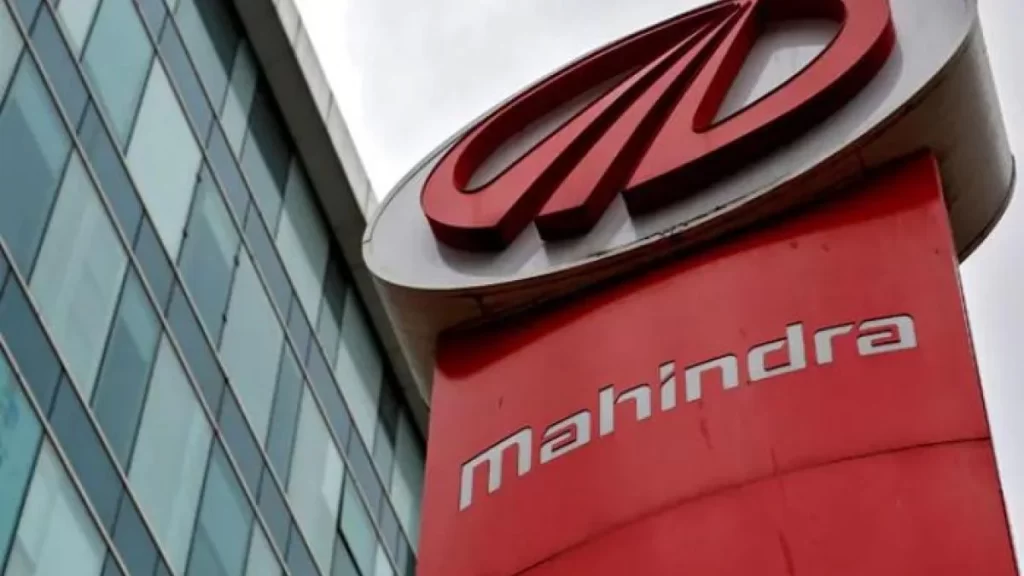
Established in 1945 by J.C. Mahindra and K.C. Mahindra, the Mahindra Group has evolved from a small steel trading company into a global conglomerate. With a revenue of ₹121,269 crore in 2023, Mahindra & Mahindra is renowned for its contributions to the automotive sector, notably with the production of Willys Jeeps. The company’s listing on the Bombay Stock Exchange in 1956 and its expansion into international markets have solidified its position as one of the biggest business groups in India.
7. Bajaj Group
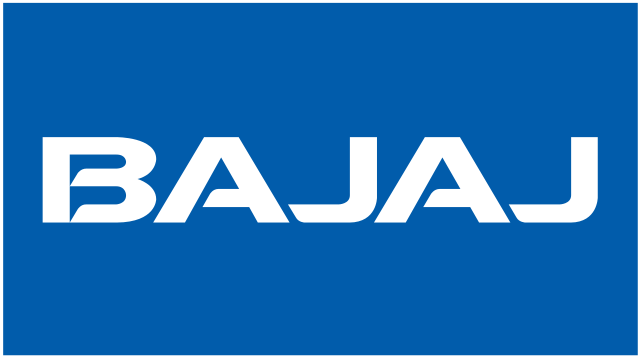
Founded in 1926 by Jamnalal Bajaj, the Bajaj Group initially focused on manufacturing scooters and three-wheelers. Under the leadership of Kamalnayan Bajaj, the group diversified into cement, electrical, and home appliances. The company’s growth has continued under subsequent leaders, including Ramkrishna Bajaj and Rahul Bajaj, the latter of whom studied at Harvard. The Bajaj Group’s significant presence across multiple industries highlights its importance among India’s major business conglomerates.
8. Larsen & Toubro (L&T) Group
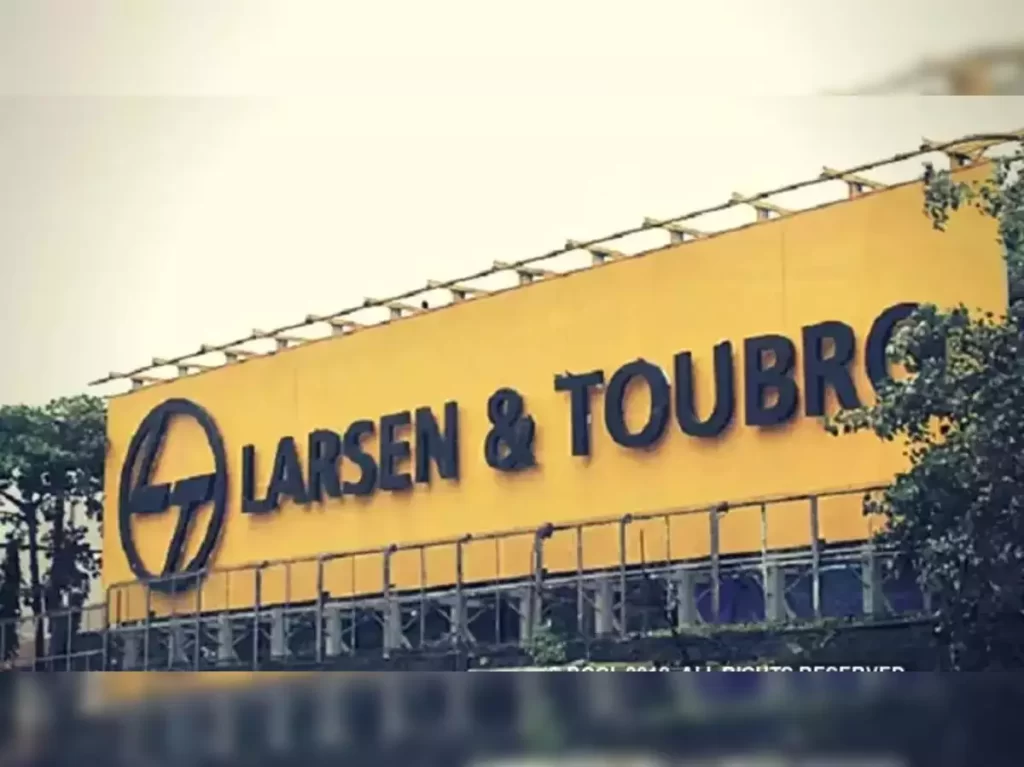
Larsen & Toubro, or L&T Group, was established in 1938 by Danish engineers Henning Holck-Larsen and Søren Kristian Toubro. Initially focusing on dairy equipment manufacturing, L&T has since expanded into construction, engineering, IT, and financial services, with a market capitalization of ₹4.91 trillion. Today, L&T operates in over 30 countries, cementing its status as a leading multinational conglomerate.
9. JSW Group
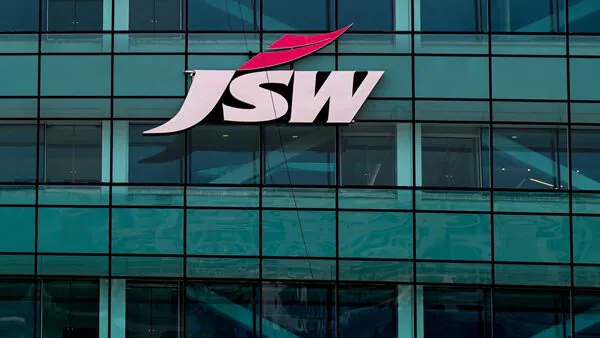
Incorporated in 1982 by Sajjan Jindal, the JSW Group began with a re-rolling mill in Tarapur and quickly diversified into steelmaking. By 1994, the group established its first steel plant in Vasind. JSW Steel alone boasts a market capitalization of ₹2.23 trillion. Over the past three decades, JSW has seen substantial growth, contributing significantly to India’s industrial landscape and even supporting the public during the COVID-19 pandemic by setting up a 1,000-bed hospital.
10. Vedanta Group
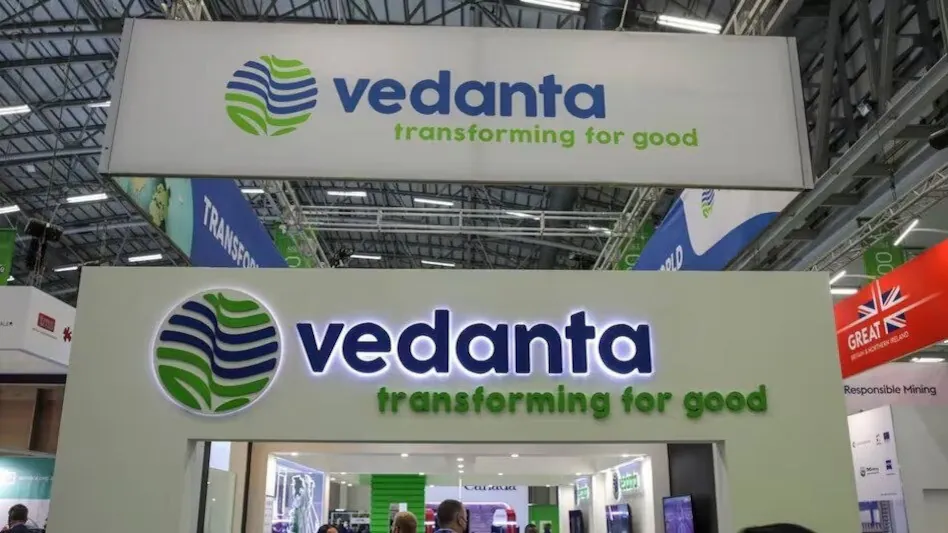
Founded in 1976 by Anil Agarwal, the Vedanta Group started as a small scrap metal business in Mumbai. Today, it stands as one of the world’s largest natural resource companies, with interests in zinc, lead, silver, copper, iron ore, steel, aluminum, and power sectors. Vedanta Ltd, the flagship company, has a market capitalization of approximately ₹1.75 trillion. Notable achievements include its 2003 listing on the London Stock Exchange and significant acquisitions such as Cairn India and the merger of Sterlite Industries with Sesa Goa Iron Ore.
Conclusion
In conclusion, the biggest business groups in India have played an indispensable role in shaping the nation’s economic landscape. From their historical roots to their current status as global conglomerates, these companies have not only driven industrial growth but also contributed to India’s economic prowess on the world stage. As we reflect on the achievements and impact of these top 10 business groups, it’s evident that their continued success will be crucial in defining the future trajectory of India’s economy.
Business groups, or conglomerates, are integral to the economic landscape of any country, and this is certainly true for India. Over recent decades, these massive business groups have played a pivotal role in propelling India’s economy to new heights. Today, we will explore the top 10 biggest business groups in India as of 2024, each…
